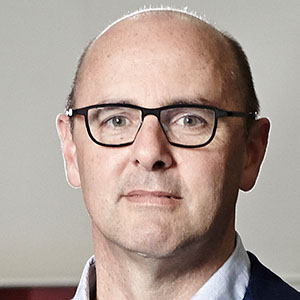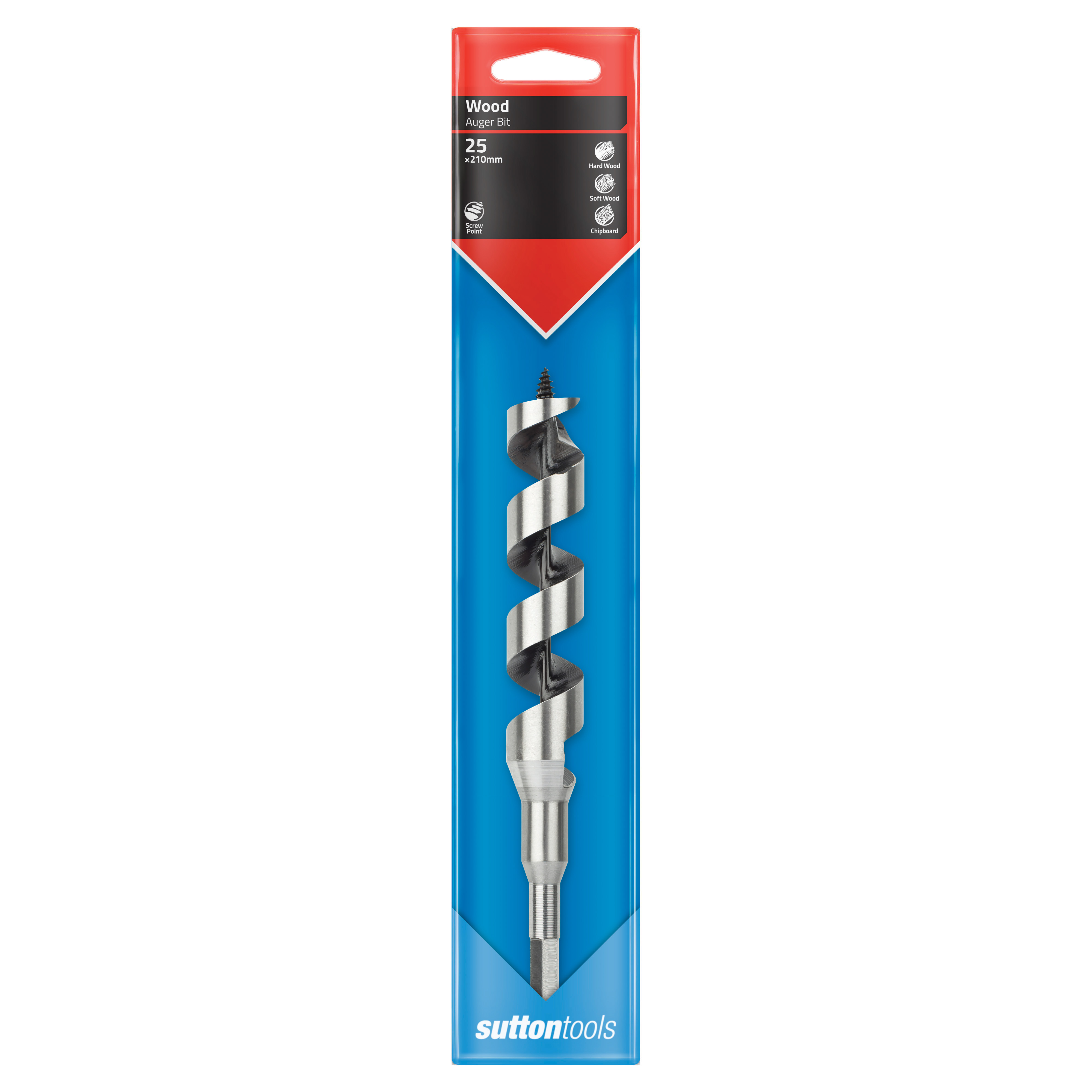The future of aerospace componentry machining in Europe and Asia-Pacific
 Rob Sutton, Commercial Director of Sutton Tools, describes his experience touring the high-tech aerospace facility of ASCO in Brussels, and the future of the aerospace componentry machining industry.
Rob Sutton, Commercial Director of Sutton Tools, describes his experience touring the high-tech aerospace facility of ASCO in Brussels, and the future of the aerospace componentry machining industry.
I recently travelled through “Aerospace Valley” in France – which runs from Toulouse to Bordeaux – a hub of mainly Airbus sub-contractors machining components for aircraft, many of them our customers. Sutton Tools offer an extensive program of tooling for machining super alloys including titanium, Inconel and some exotic stainless steels, primarily focused on the aerospace market.
On the same trip, I had the opportunity to visit ASCO in Belgium, one of Europe’s largest aerospace componentry manufacturers. While many of the Aerospace Valley sub-contractors are independent family-run companies, ASCO is one of Europe’s largest. The Brussels-based facility is machining highly sophisticated componentry, such as landing gear for Airbus and Boeing planes.
ASCO is almost entirely an aerospace-based subcontractor, turning over €400 million a year. Its head office is located near Brussels’ Zvantem airport. The site houses seven large factories and each contains machinery more or less from different decades – one is full of 70s machinery, another 80s, 90s and so on.
A vision of the future
The newest factory holds current technology, providing a best practice example of aerospace componentry manufacturing. What struck me about this investment was that it really defines the quest for productivity in aerospace componentry; it’s a very competitive market, given its high growth.
This new facility is based on new technology from Makino, an industry-leading Japanese multi-axis CNC machine tool company. These 5-axis horizontal and vertical machine centres feature Hyper-i control systems for operational efficiency and to boost productivity. They are designed for reducing costs for large OEMs, Tier 1 and Tier 2 suppliers by minimizing changeover time, cut time and non-cut time, while producing accurate structural and turbo machinery.
This particular production line represents the latest generation of Flexible Manufacturing Systems (FMS), and cost around €20 million. Each machine had up to 100 tool-holders to machine each component, with a transfer line between each centre via a railway track linking eight machines.
In simple language, a lump of raw titanium enters the first machine and exits the last as a highly value-added aerospace component. (During my visit, it was a clamp to secure the engine to the wing.) In an example of Industry 4.0 in action, each machine uses Bluetooth-enabled sophisticated tool-holders which allow the operators to see exactly how tool and torque is performing during the machining process.
When the tools require reservicing, either by recoating or regrinding, operators are made aware by a machine alert – making the entire FMS line well-controlled and optimized for speed. As an example of scale, where the Australian market consumes around €8 million per year in solid carbide and mills, ASCO alone consumes that per annum!
Sutton Tools is currently running a project with ASCO using our linear motor-ground super alloy end mills. It is always encouraging to have a manufacturer continuously seek current technology to maximize productivity critical to its profitability.
Innovation in Asia-Pacific
While this sort of best practice within the industry is yet to become widespread, I found a similar operation in Malaysia on Penang Island. Singapore Aerospace Machining (SAM) engages in a smaller process of machining aerospace componentry without the FMS model, using Sutton Tools’ Titanium geometry end mills in volume.
It was good seeing that first hand, because it was basically a mini ASCO with eight machines – although all independently operated rather than in an FMS setup – creating a large range of different components, many of them the Titanium components that uses our tools.
Aerospace manufacturers are always looking for lighter and stronger components, and we’re seeing a shift towards super alloys like Inconel. A key discussion at SAM was not only the success of our tools but extending their life via re-servicing with regrinding and recoating.
Re-servicing key to extending tool life
As is common in projects where there’s serious consumption, once you solve a tool life problem for a manufacturer and their demand stabilises, re-servicing expertise comes into play. Each tool might get reground and recoated up to three or four times before a new one is required. That involves Sutton Tools taking the tools back to Melbourne, where we re-service then send them back to SAM for reuse.
While the demand for new tools is less, our re-servicing of the tool actually preserves 80% of the original tool life, cutting costs for our aerospace industry customers. We’re are seeing our recoating and regrinding services spread to Europe and are establishing alliances with regrinders in Toulouse and other areas, to complement our own facilities.
We want to help our customers by servicing their tools faster, and while we’d like to undertake that work in our Melbourne facility, we take into consideration the time and cost, and the benefits for our customers of having a local facility.
The future of aerospace is very exciting and we forecast very high growth across Europe and Asia with this range of tooling, especially considering the successful trials we’ve had with General Electric (GE) in Hungary and Italy. The Turin GE facility, once a Fiat factory, is now an enormous aerospace componentry manufacturer. Like SAM and ASCO, it is moving away from aluminium and into superalloys such as Titanium and Inconel.
If you’d like to see more on these successful trials we’ve had with the ANCA-ground tools, head to Sutton Tools Instagram for test criteria and videos filmed by our French-based European Sales Director Michael Linant in GE’s Naples facility.
About the Author

Robert Sutton
Robert Sutton is Commercial Director at Sutton Tools, the market leader in Australia and New Zealand for cutting tools and power tool accessories. With 28 years’ experience at Sutton Tools, Robert is responsible for global sales and marketing with a strong focus on CRM and marketing automation. He established Sutton Tools Singapore, developed the Asian distribution network, and established Sutton Tools Europe – returning to Australia two years ago after four years based in Antwerp.

